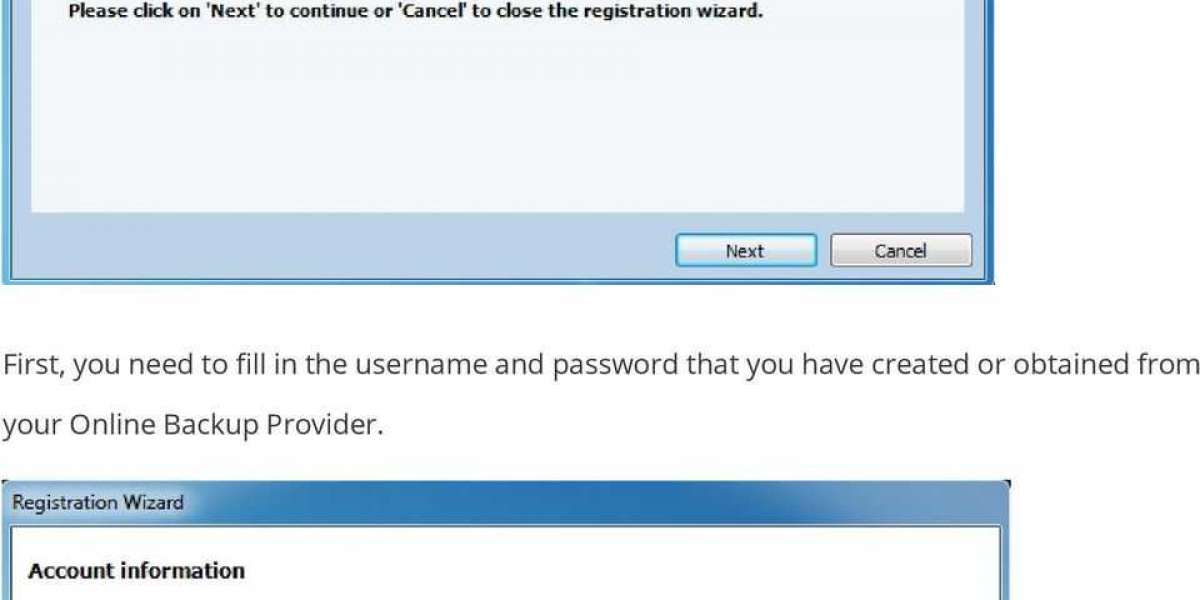First: the principles of leasing:
1 - The minimum rent is one day (twenty-four hours).
2- The term of the contract can be extended with the consent of the landlord and the lessee, provided that the necessary procedures for that are specified in the contract.
3- The lessee undertakes that if he gives incorrect information at the time of renting, the lessor has the right to consider the car stolen and notify the security authorities.
4- The value of the delay hours beyond the specified date for returning the car shall be calculated by a maximum of 4 hours according to the following formula:
(Daily Rent x Number of Hours of Delay) ÷ 24 x 2 = Cost of Hours of Delay
Any part of an hour counts as a full hour.
5 - In the event that the lessee does not request an extension of the contract or the lessor does not agree to the extension, the lessee shall bear additional costs for the extra period mentioned in the contract until the car is returned to the lessor or retrieved by him, equivalent to 100% (one hundred percent) of the daily rental value if The delay exceeds four hours in addition to the rental costs agreed upon in the contract, including coverage of the costs of accidents, traffic violations and any damages.
6- In the event that the delivery of the car is delayed for a period of more than (24) hours from the specified date, the company has the right to notify the concerned authorities to take the necessary measures.
7- It is not permissible to make any modification by the lessee or the landlord to the contract after signing it, except with the approval and approval of both parties.
Second: Obligations of the Lessor:
The lessor acknowledges and undertakes to comply with the following:
1- The validity and safety of the vehicle for use.
2- If any technical defect appears in the car, not due to negligence or negligence on the part of the renter, it shall be replaced by a car of the same category. declared.
3- Receiving the car on which an accident occurred immediately after it was reported, taking into account the date and time of reporting the accident as the end of the lease contract, unless the car was impounded by the authorities, then the lessee bears the car fare until the actual receipt of it.
4- It is enough for a copy of the valid driver's license for a Saudi citizen to include all data, a copy of the passport or residence, and a driver's license for foreigners.
5- Checking the evidence of the lessee and the driver's license and their validity. The lessor may refrain from leasing in the event that the lessee does not have a credit card.
6- Take full responsibility for not verifying the following:
A- The identity of the lessee and whoever he authorizes to drive the car.
B- A driving license for the driver, whether he is the renter or whoever he authorizes under the contract to drive the car, and obtain a copy of it.
C- Include in the contract the manner of calculating the damages resulting from accidents and covering liability towards third parties.
D- Not to refrain, for any reason, from receiving the car from the lessee when it is returned, with the lessor's right to document any financial obligation on the lessee. The settlement of financial matters shall be with the government departments in the city in which the contract was drawn up.
Third: Obligations of the Tenant:
The lessee acknowledges and undertakes to abide by the following:
The Car:
A- The complete car and its contents of tires, engine, tools, equipment and documents belong to the lessor.
b- The car has been rented to him for his personal transportation.
T- He has no right to make any modifications to the car and its equipment, including tampering with the odometer or removing the lessor identification sticker.
D- He has made sure that the car is suitable for his use.
C- To use the fuel and oils specified by the lessor in the contract while operating the vehicle.
H- The renter shall bear the costs of the car key in case it is lost and the costs of the remote control device.
Returning the car: The lessee must return the car:
A- Restore the vehicle to a clean interior and exterior.
B- Returning the car at the location, date and time specified in the contract, and any extension thereof, in the same operational condition, taking into account the normal consumption throughout the period of its stay with him.
Car recovery:
The lessor has the right to recover the car through the competent authority, at the lessee's expense, without any prior notice from the lessor, in the following cases:
A- Failure to return the car on the specified date and time.
B- Using the car in violation of the terms of the contract.
T - If it turns out that the lessee has provided incorrect information at the time of renting.
Drivers:
Those authorized to drive the vehicle are:
A- The renter, if he holds a driver's license that qualifies him to drive a car.
B- The person or persons authorized by the lessee and hold driving licenses that qualify them to drive the vehicle and their details are recorded in the contract.
C- Employees of the competent authorities in cases of emergency.
Fourth: Terms of use:
The lessee undertakes that the car will not be used in the following cases:
1- By persons not authorized under the contract to drive the vehicle.
2- If the car needs repair or periodic maintenance.
3- If the operation leads to damage to the car's engine or one of its components.
4- If the driver authorized under the contract is unable to drive the vehicle if he is under the influence of intoxicating or narcotic substances, or if he suffers from a health condition that prevents him from driving properly.
5- Transportation of persons or goods for a fee.
6- Participate in car races.
7- Pushing or pulling other cars.
8- Use in a manner that indicates negligence and indifference on the part of the tenant.
9- Leadership training.
10- Not to rent the car back to others.
11- For purposes inconsistent with the regulations of the Kingdom of Saudi Arabia.
12- Outside the Kingdom of Saudi Arabia, unless agreed upon in the contract and authorized by the lessor.
13 - Using the car on bumpy roads, unpaved, unpaved, or not intended for driving cars.
Leave the car:
Do not leave the car with the ignition key on.



